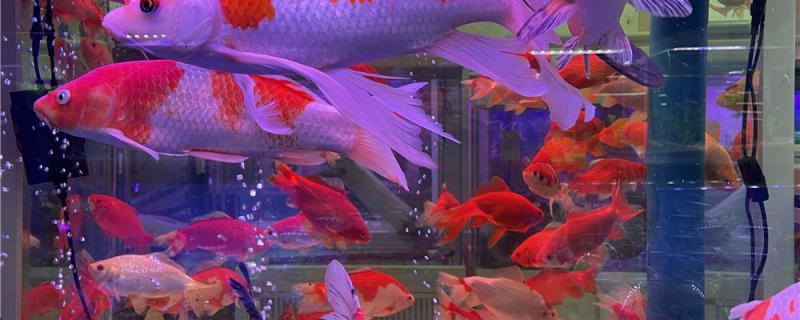
can fish eggs survive? There are many kinds of fish, and the survival of fish eggs is also different. Most of the fish eggs will lose their activity when they leave the water, and they will die immediately. But there are also some fish eggs that can survive in a dry environment for several months, and some can even live for a year or two. It should be noted that the eggs need to be fertilized before hatching small fish, otherwise they will only rot slowly, affecting the water quality, so the unfertilized eggs should be fished out as soon as possible.
fish eggs 1. Isolation: After finding fish eggs in the fish tank, it is necessary to separate the fish eggs from the parent fish in time. Many fish have the habit of swallowing eggs, so if the fish is not fished out, it will eat the eggs. Of course, you can also prepare the nylon mesh plate in advance, so that the fish eggs will fall to the lower layer of the mesh plate, and the fish will not be able to eat it.
2. Inspection: There are two types of eggs: fertilized and unfertilized. The fertilized eggs can hatch into small fish. The unfertilized eggs will pollute the water quality. Therefore, it is necessary to do a good job of inspection. If it is found that the eggs are white and transparent, and there are no black spots in the middle, it means that the fertilization is not successful. It is necessary to fish them out and clean them up, otherwise it will affect the hatching of the fertilized eggs.
3. Incubation: During the incubation of fertilized eggs, attention must be paid to keeping the water temperature. Usually, the higher the temperature, the faster the incubation, but it should not be too high. It can be kept at about 20 ℃. In addition, oxygen pumps should be used to keep the water body oxygenated.